Let’s stop and reflect for a while.
It is a special feeling to actually find and track down, in my research, within my criterias, Swedish born soldier number 400. I remember when I found number 100, and felt that, wow … 100, for me, unknown Swedish born soldiers who had died at the Western Front and are buried there. Amazing, I thought then.
Then I was grabbed by the constant drive to see if it were more of those, who left the mother country, for different reasons, and went over to their new country, a new life, an unknown life, who either went well, or became totally different.
I am so in to this. My feeling for those individuals are just growing stronger and stronger for every day. They are my precious in a way, hard to describe. Call me mad, but when looking into their eyes, I almost can here them talk to me. The Swedish people have to know, a lot of our sons at that time grabbed a weapon for a nation quite new to them, to fight the enemy, and to give their life on the battlefield. For that, in my eyes, they are worth all respect.
So, number 400. Who is he? We talk about Otto Erhard Peterson, born in Gislövs läge in Trelleborg on the most southern coast of Sweden in Skåne county.
When looking into the Swedish church books you will find him with different names, and the name which is registered in the book is actually Otto Eihard, not the most common names i Sweden at that time. He is also called Otto Richard, but Otto Erhard is also mentioned, and that is also with that name he is registered in the American Expeditionary Forces.
Otto Erhard is born March 10th, 1895, and raised by his parents Cecilia Eriksson and Peter Olsson. He has probably his surname Pettersson after his father, Peter.
He is one of three kids in the family. It is not known what made him emigrate to North America in June 13th, 1913. He arrived in Jamestown, Virginia July 4th, 1913, and departed from Malmö in Sweden, quite near from his home.
When finding other documents in different archives, it is not easy for those who is reading and writing his home address. We find “Frelleburg, Galorlage, Sweden”, “Gislous Lage Trallshorg”, and it is actually Gislövs Läge, Trelleborg.
He was drafted in the 5th of June draft, 1917. He left on the ship Mauretania from New York, July 30th, 1918. Otto belonged to 109th Infantry Regiment, the Machine Gun battalion, in the 28th Division, in the American Expeditionary Forces. Otto was killed not long after he arrived to the battlefield. He fell just on the start of the Meuse Argonne offensive, in the capture of Varennes, September 26th, 1918, where he was killed in action.
I so wonder what he felt in these moments …
He was buried in the Forest de Boureuilles, Farm de Rochamp, in Argonne, France, and he was later moved to the Meuse Argonne American Cemetery in November 21, 1920, where he has his stone today. Otto Erhard fell at an age of only 23. May Otto Erhard Peterson rest in peace.
I made a reflection last weekend, when I was over on a very interesting conference hosted by the eminent organisation Great War Group, and was able to listen to very professional individiuals who told me a lot about different historical moments, and I felt like “I must develop my own research in one or another direction, or must I do that?”
I have realised, that for many countries, who participated as a nation in the Great War, the question about that their people participated in the war is obvious. I can imagine that it is other aspects that is more natural to talk about when talking about the Great War, such as leadership, tactics, leaders and other subjects, to develop it in different directions.
I felt that I have to do that as well, but stopped for a minute in my thoughts. Do I have to do that? No, not yet.
I have realised that for us in Sweden we must first understand that it actually were Swedish born soldiers who participated in the War, even it we did not participate as a country. The other aspects in the research will come later on.
We protected ourselves, as our neighbours Denmark and Norway, and as a country we still were afraid for the large old enemy in the east, which in these times had their border right next to us. I dont blame my country for that.
So, I will continue to tell, everyone who wants to know, the history of the Swedish individuals who took their new friends from America, Canada, Australia, New Zealand, France, Great Britain and Germany in the hands and joined them in the fight at that time.
That will be my mission. There will be plenty of time to develop this at a later stage, I am pretty sure about that. So please join me on my quest. I hope you will find it interesting.
It has just started.

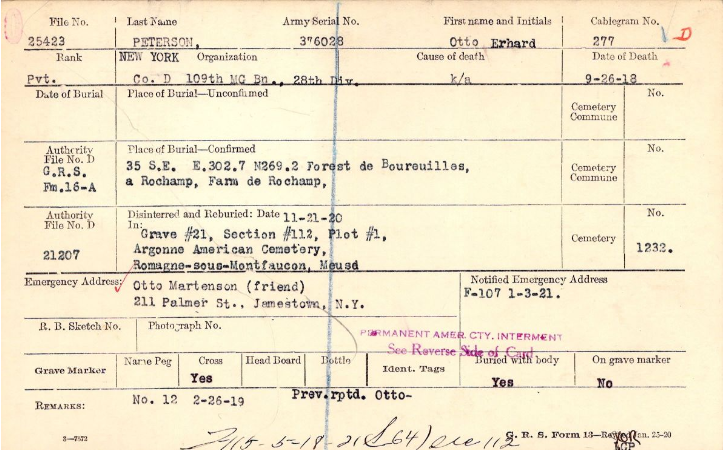

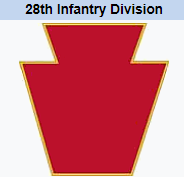
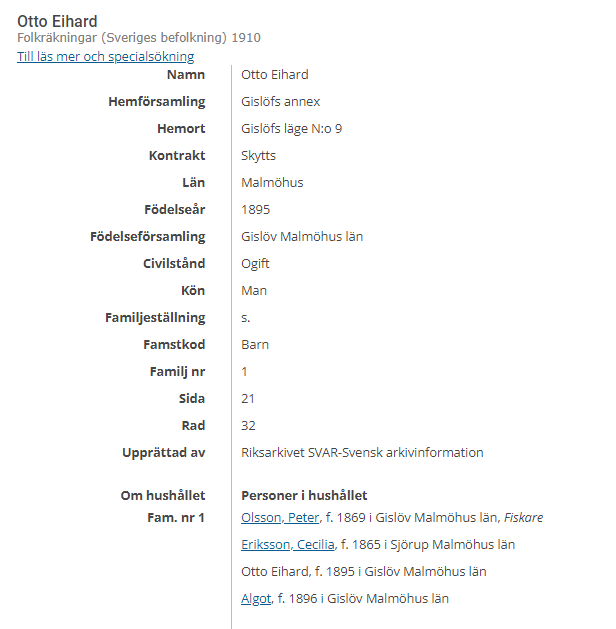
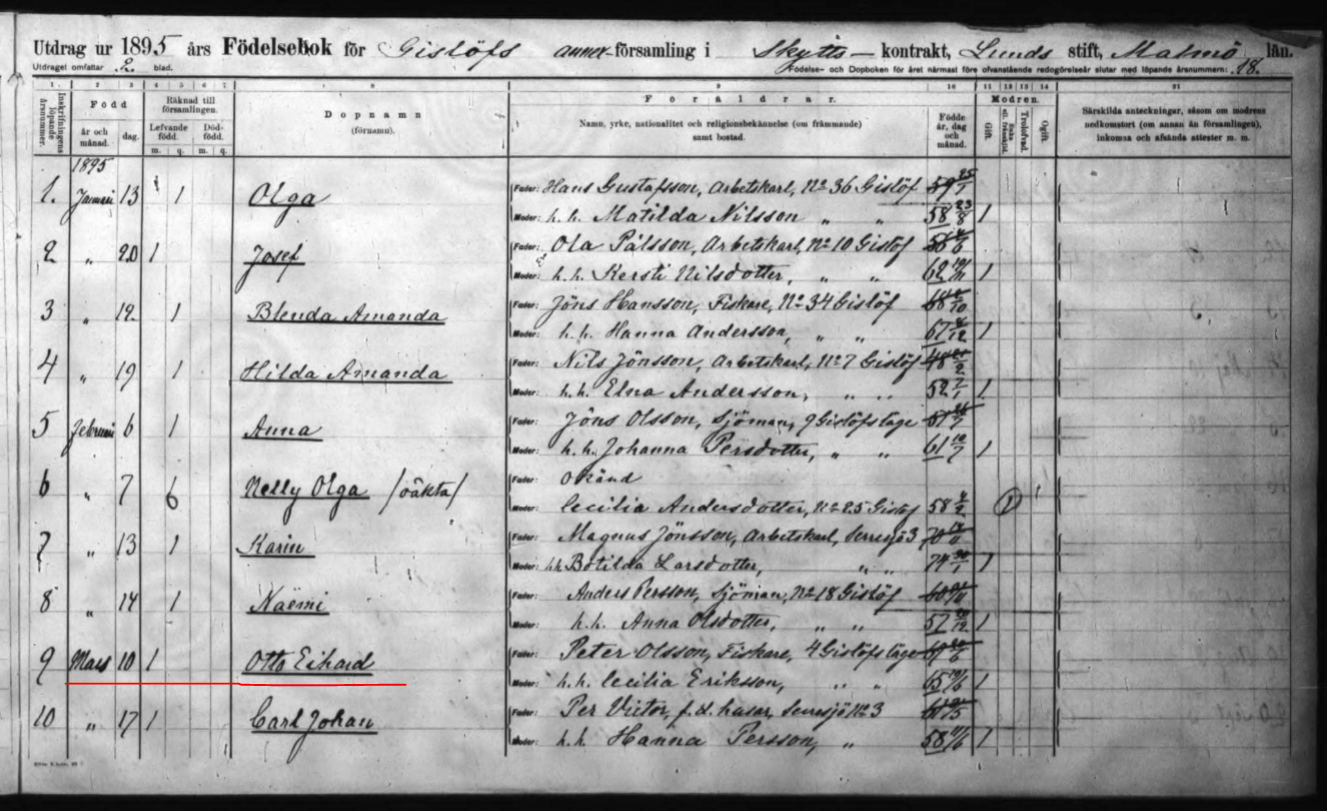
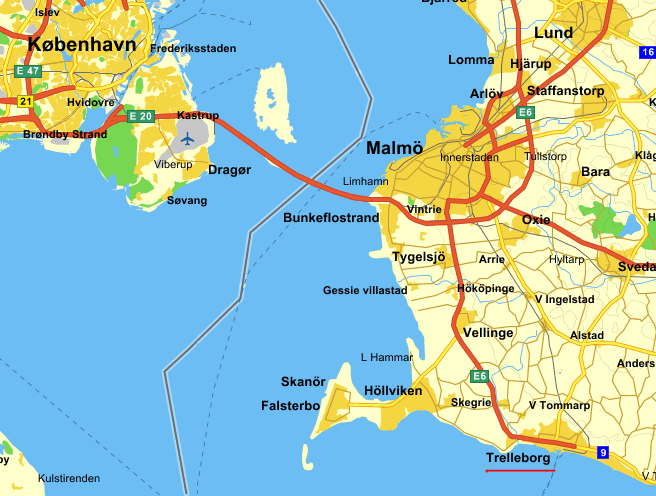
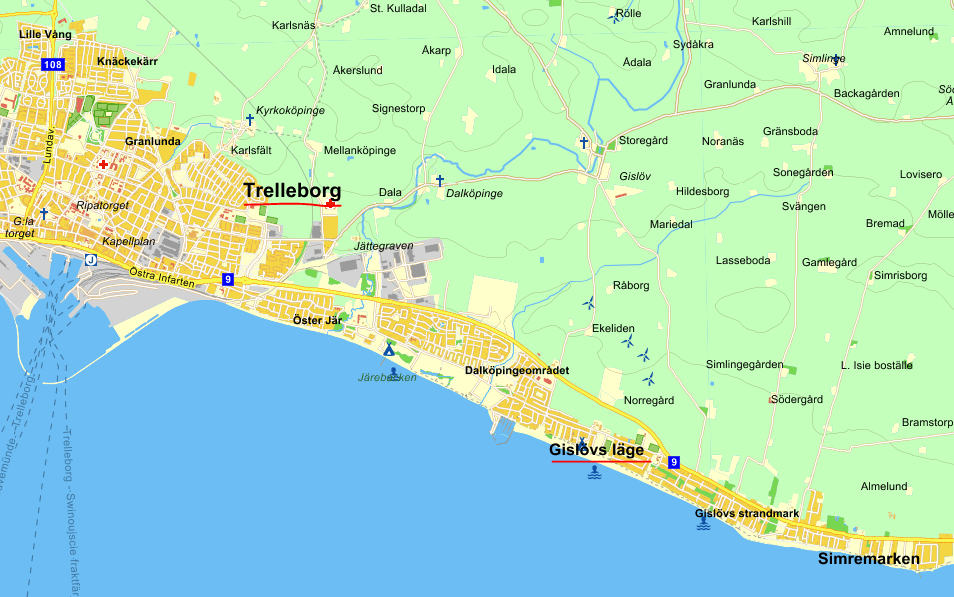
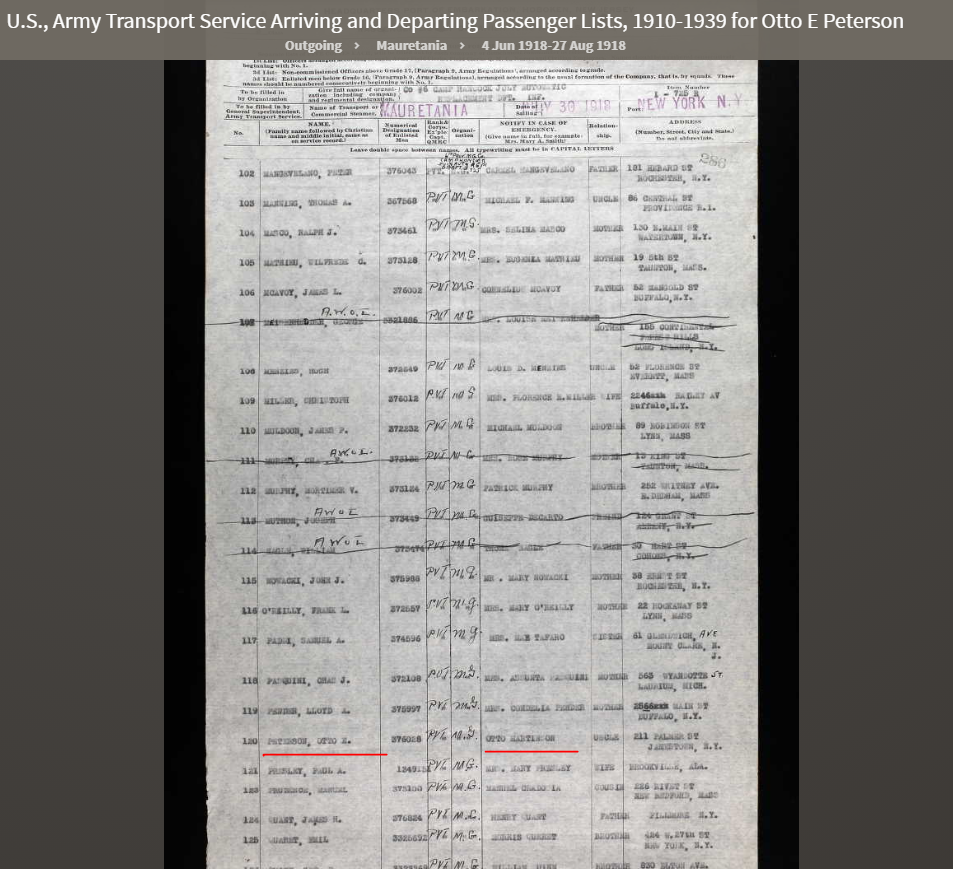

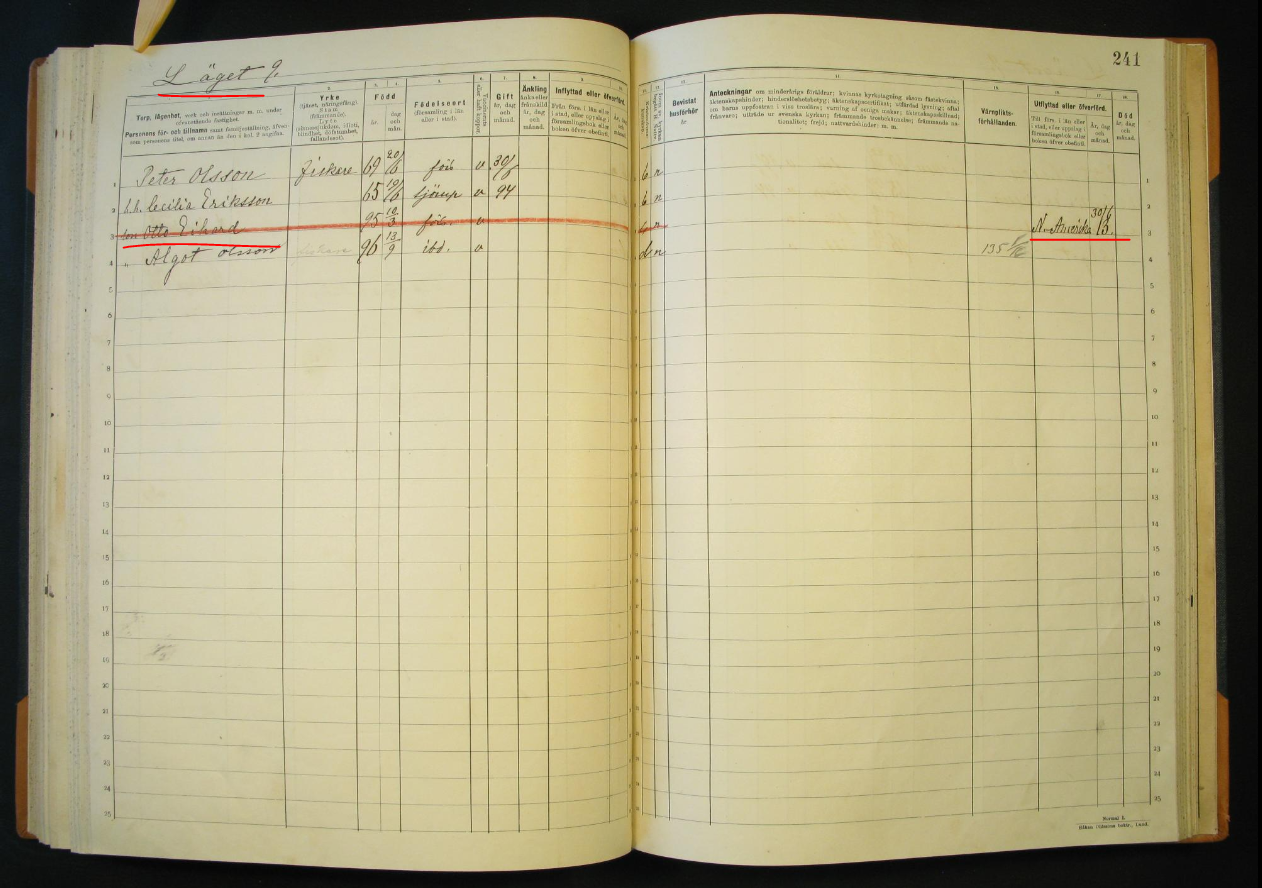

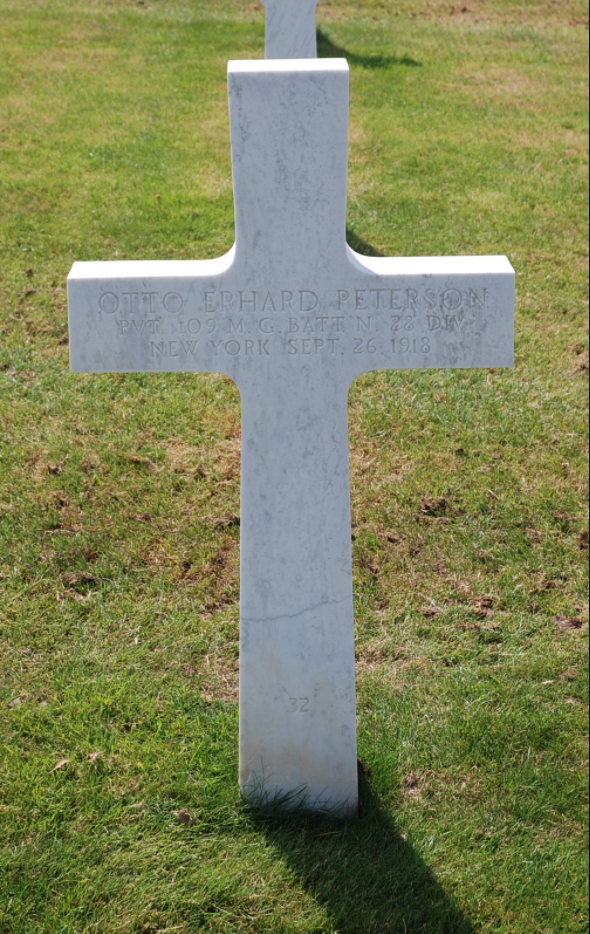
Very interesting. Please update me when you can.
Important work!!! Thank you sir!!!